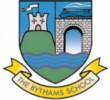 Our Curriculum
Our Curriculum
At The Bythams we have adopted a Learning Challenge Curriculum where children’s learning is creative and cross-curricular. If you wish to learn more about the school curriculum, please contact the school office to make an appointment.
Our pupils learn, practice, combine, develop and refine a wide range of skills in their work across the National Curriculum. Some of these skills are subject specific and some are common to several subjects.
Growth Mindset
Bythams Primary School is a Growth Mindset school.
Subjects

English
We intend to create confident, creative, and fluent writers who develop stamina for writing throughout school.

Maths
Maths is a key life skill and we stress the importance of applying mathematical skills and the acquisition of knowledge.

Science
We provide challenging and engaging opportunities to question and investigate the wonders of the world around us.

Arts
We believe that art leads to the stimulation of children’s creativity, curiosity, imagination and self-confidence.
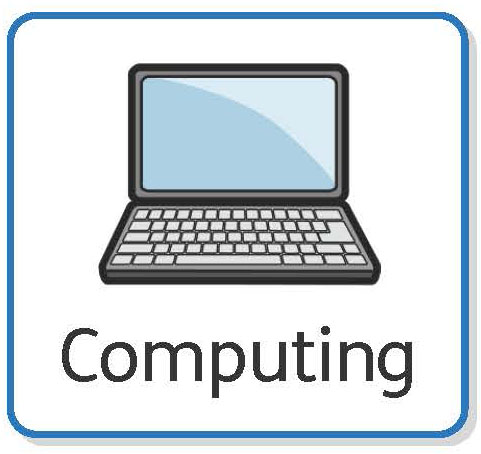
Computing
Children are taught ICT skills as a tool to support and further their own learning in all curriculum areas.

Design & Technology
Our aim in Technology is to equip children with essential practical skills using a variety of materials.
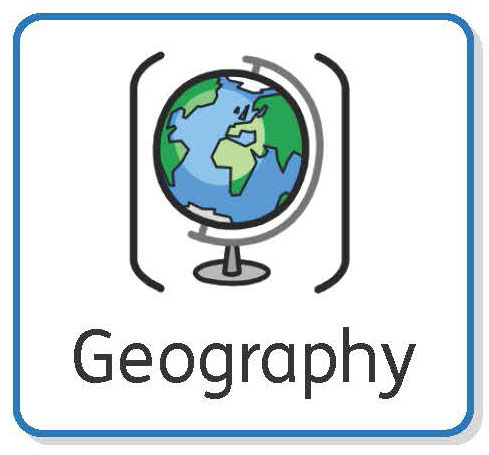
Geography
Pupils investigate a variety of people, places and environments in the UK and abroad, and make links between different places in the world.

History
Studying History provides pupils with a context from which to understand themselves and others.
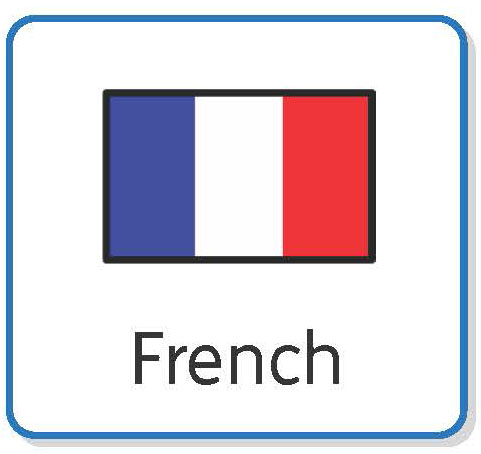
Languages
We aim to encourage children’s curiosity and passion for speaking another language as well as deepening their understanding of the world.

Music
Our main aim is that our children derive enjoyment and satisfaction from listening, appraising and making music.

Forest Schools
Forest School is an innovative, practical approach to outdoor learning where children learn about the unique environment around them.

PE
Pupils are encouraged and given the opportunity to participate to the best of their ability in a wide variety of sports, games and physical activities.
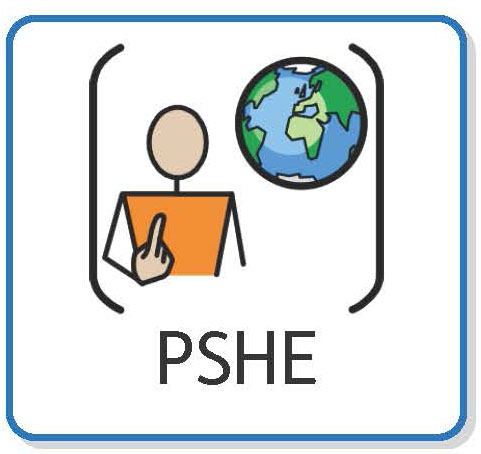
PSHE and RSE
We take a whole school approach based on the requirements of the National Curriculum, alongside relevant issues that arise.

Religious Education (RE)
We aim to provide children with the opportunity to develop and build their knowledge and understanding of their beliefs.

SMSC and British Values
All children are taught the values of tolerance; respect; personal identity; law and democracy, and their place within today's society.

